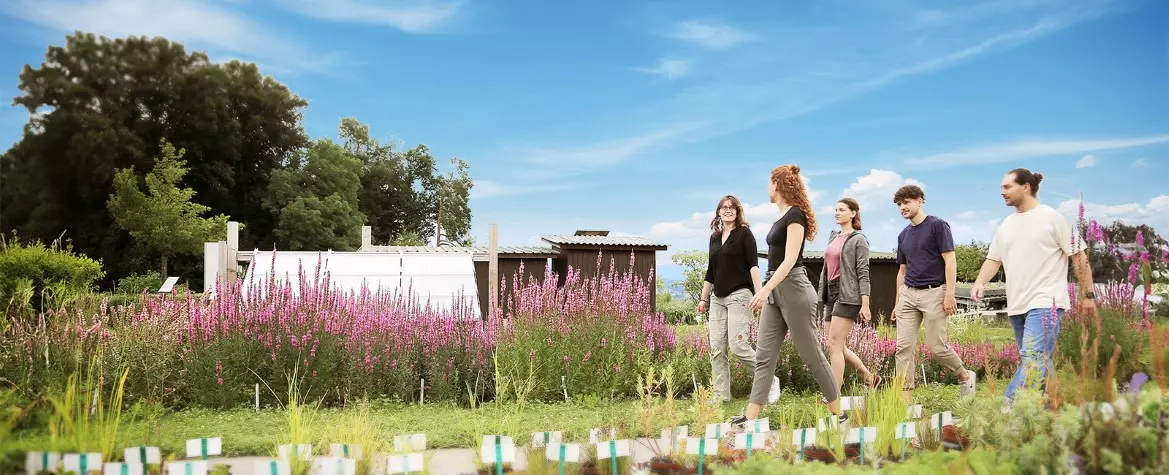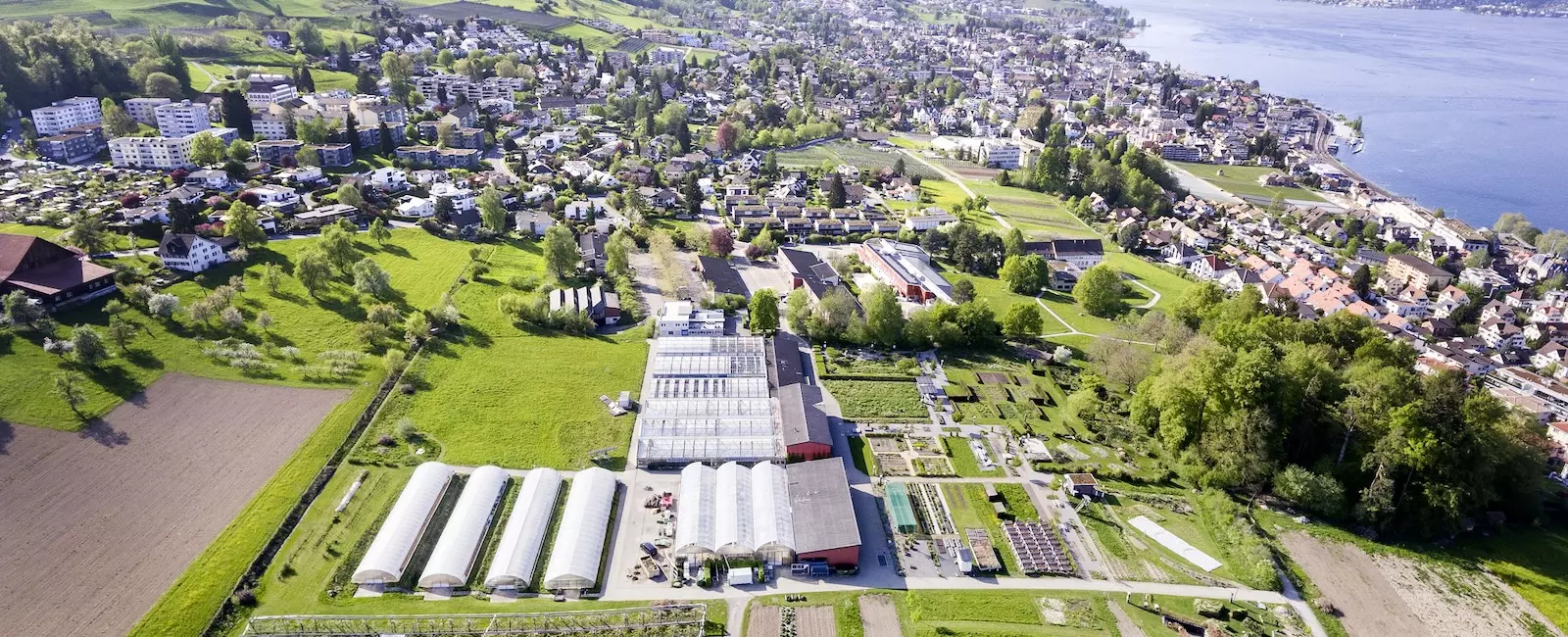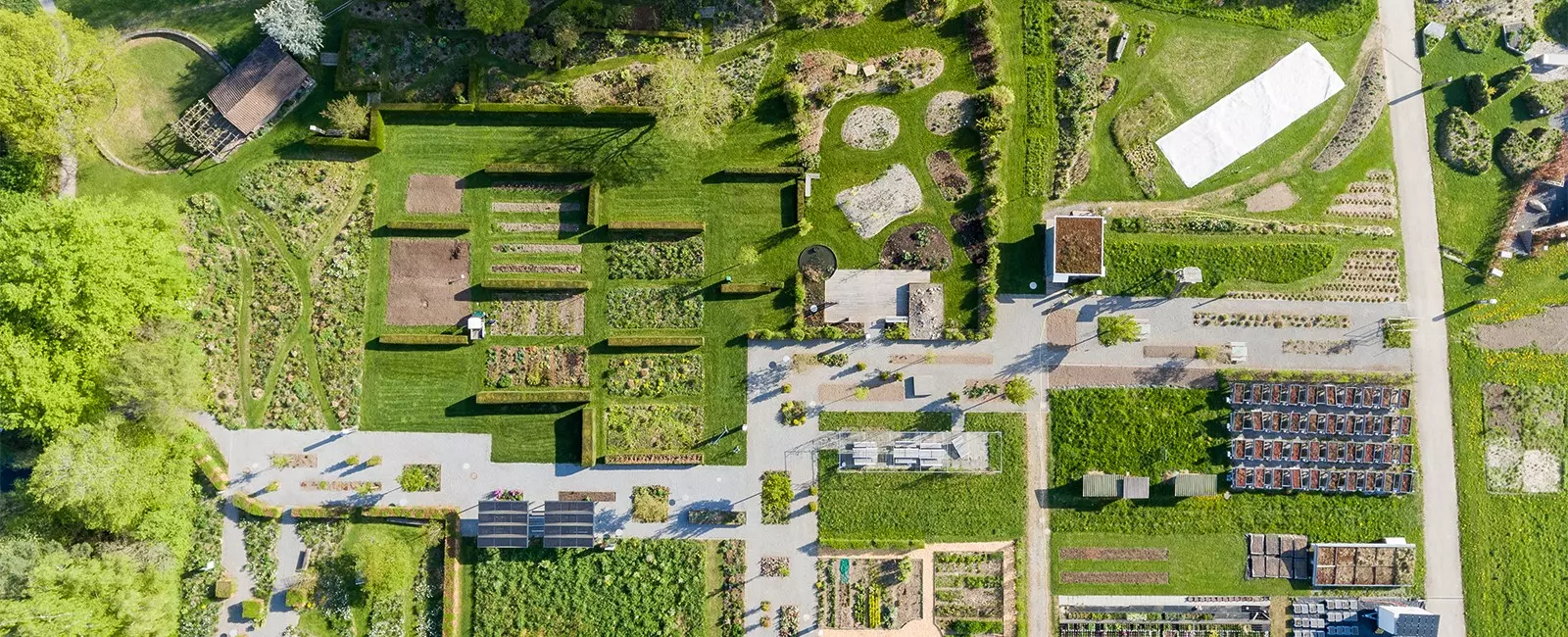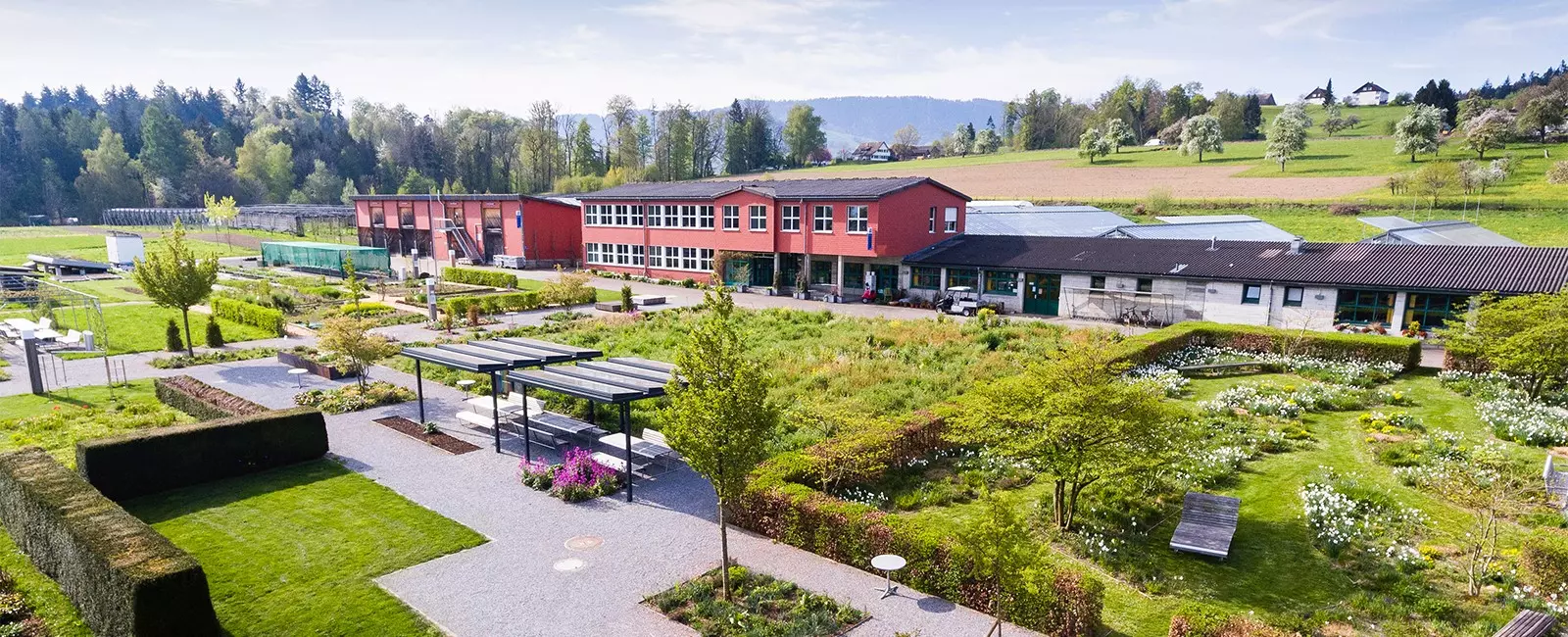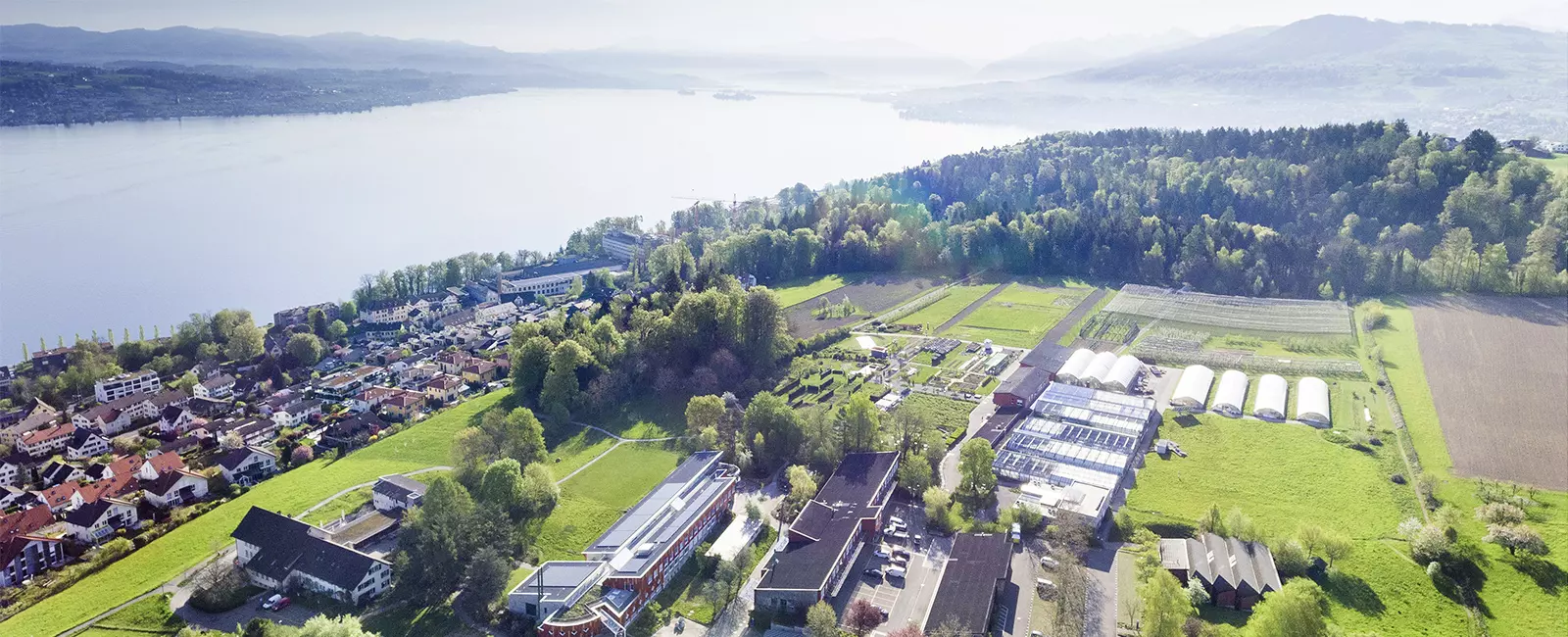Bachelor's degree in Natural Resource Sciences
Are you interested in nature and the environment, agriculture, climate change or the energy revolution? Do you want to find solutions to the environmental crises of our time? Join us in shaping the future with our bachelor's degree in Natural Resource Sciences!
At a glance
Degree: Bachelor of Science ZHAW in Natural Resource Sciences
Specialisations: Organic Farming and Horticulture, Renewable Energies and Ecological Engineering, Environmental Systems and Sustainable Development, Nature Management or Urban Ecosystems
Workload: 180 ECTS credits
Admission requirements: Learn more here
Study format : Full-time or part-time
Duration: 6 semesters (full-time), 8 to 12 semesters (part-time)
Studies commence: In September each year
Registration deadline: 30 April, 2024 (extended until June 30) – register now
Language of instruction: German (selected courses are offered in English)
Tuition fees: CHF 720.– per semester and additional, study-related expenses
Follow-on study programme: Master of Science in Environment and Natural Resources
Why study natural resource sciences?
From global warming, resource-intensive agriculture and energy supply to biodiversity loss – the challenges we face are multi-layered and complex. In order to meet them, we are constantly further developing the study programme and training our students for the future world of work.
The programme deals with environmental topics in an interdisciplinary, practice-oriented and scientific way. It combines personal coaching with individual design options, which allows you to tailor your education to your own specific needs. Together with experts from the research groups of our Institute of Natural Resource Sciences, you will work on practical questions during your studies and directly apply what you have learned.
By taking a Bachelor of Science in Natural Resource Sciences you will
-
protect ecosystems and promote biodiversity in urban and rural areas.
-
sensitise and motivate people for necessary changes and work for a future worth living.
-
implement new, resource-saving technologies and systems for environmentally-friendly agriculture and resource-efficient energy systems.
- You determine the structure of your studies. We accompany you with personal advice and professional coaching.
- Project weeks, field trips, internships and the opportunity to realise your own project and business ideas guarantee a rich and varied course of study.
- You benefit from the experience and networks of our teachers, who, as proven experts in their fields, are also active in research, policy and/or practice.
- You get the opportunity to study in the most beautiful location in the middle of the gardens at the Grüental campus, where we cultivate biodiversity and make environmental research tangible.
Environmental projects and scientific foundations
In the first year of study, you will engage with the pressing challenges of our time: rapid climate change, resource-intensive food systems, biodiversity loss and species decline, as well as the issues surrounding the energy transition. Within the framework of four major environmental projects and the complementary scientific foundations, you will learn what in necessary to develop innovative solutions.
Specialisations and electives I
After completing your undergraduate studies, you will set your professional focus in the main course of study by choosing one of five specialisations. Within the specialisation, you will define specialist areas of focus and attend modules of your choice in order to tailor your studies to your personal interests and goals.
Are you particularly interested in where the specialisations overlap? Our new degree programme structure allows you to focus on precisely those areas of expertise. Our team of experienced academic advisors will support you in these decisions during the first year of study and work with you to develop an individual study plan. The following five specialisations are available for you to choose from:
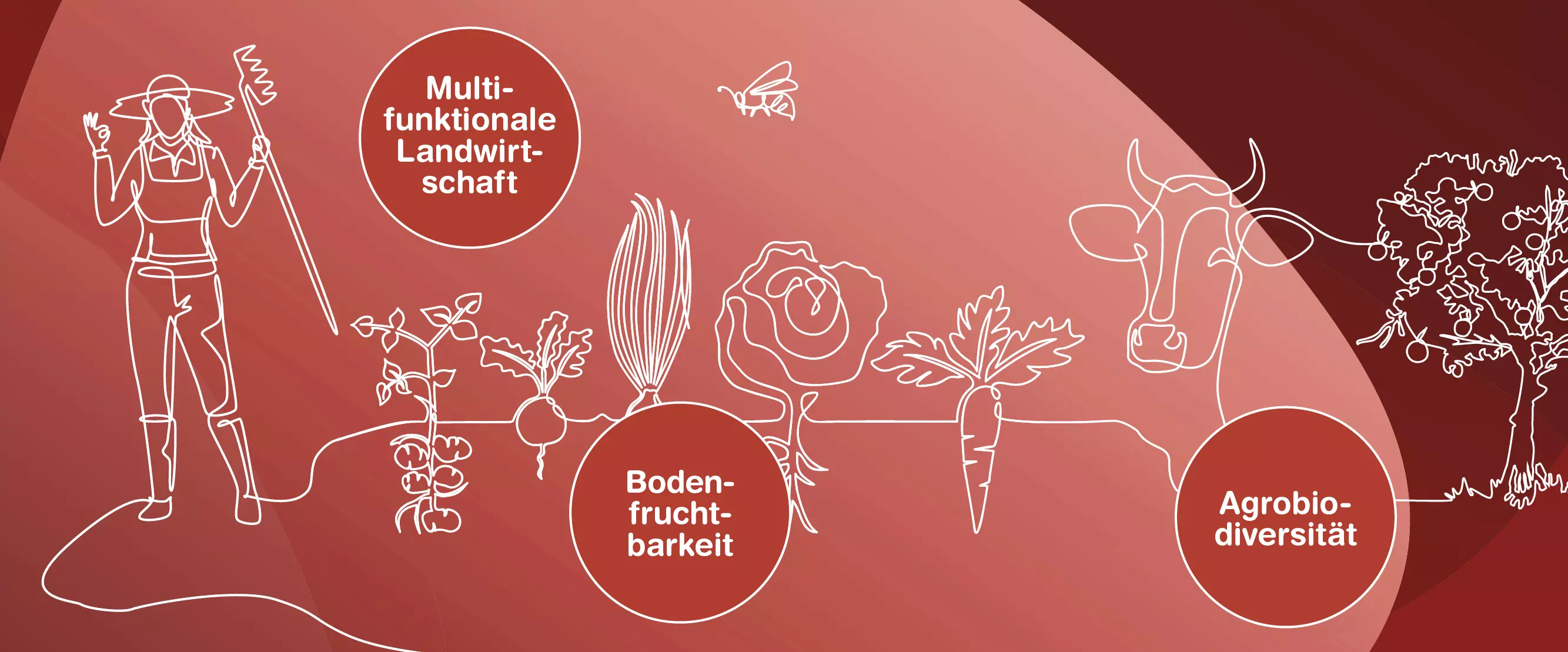
“Organic Farming and Horticulture”
You will utilise the principles of organic farming and plan regenerative agricultural systems that focus on sustainable food production and the promotion of biodiversity.
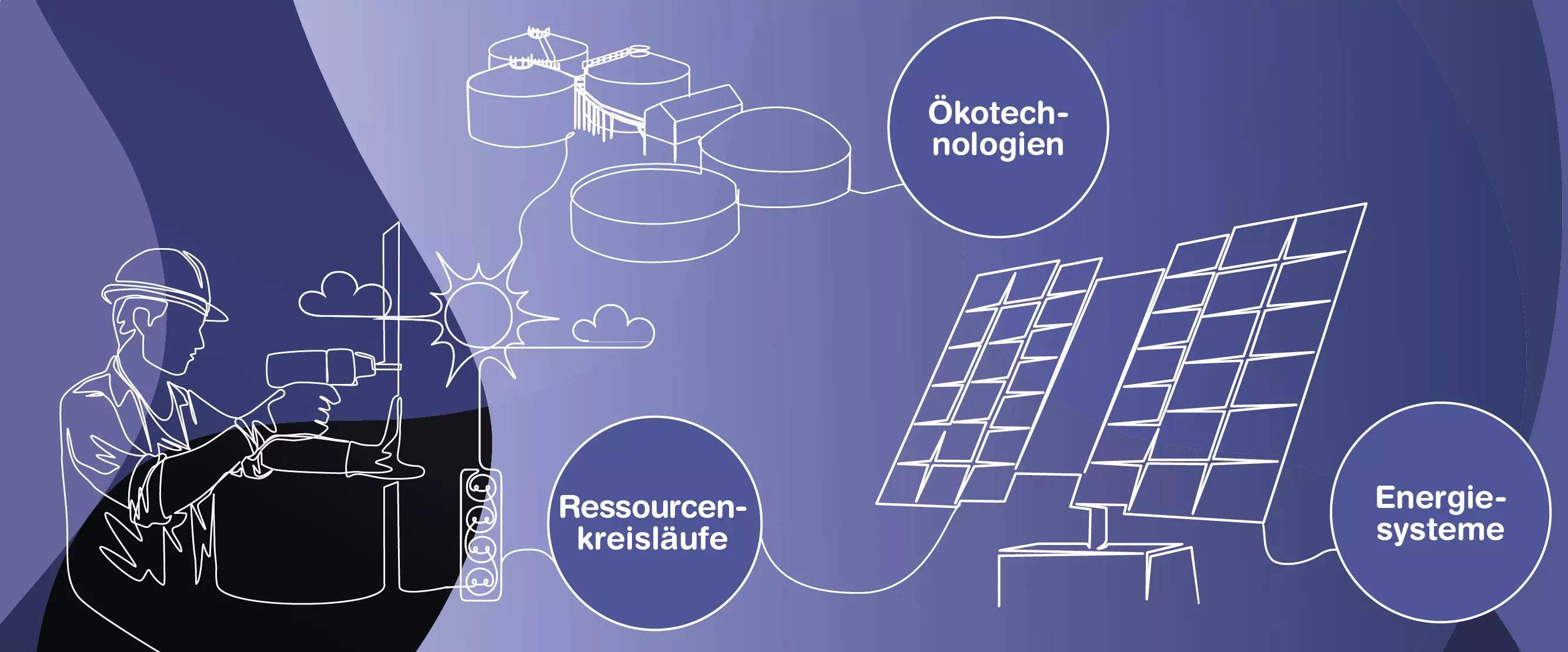
“Renewable Energies and Ecological Engineering”
You will plan resource-efficient energy systems and cycles in the interests of climate protection. You develop concepts for the use of biogas plants, water-based circulation systems or solar energy.
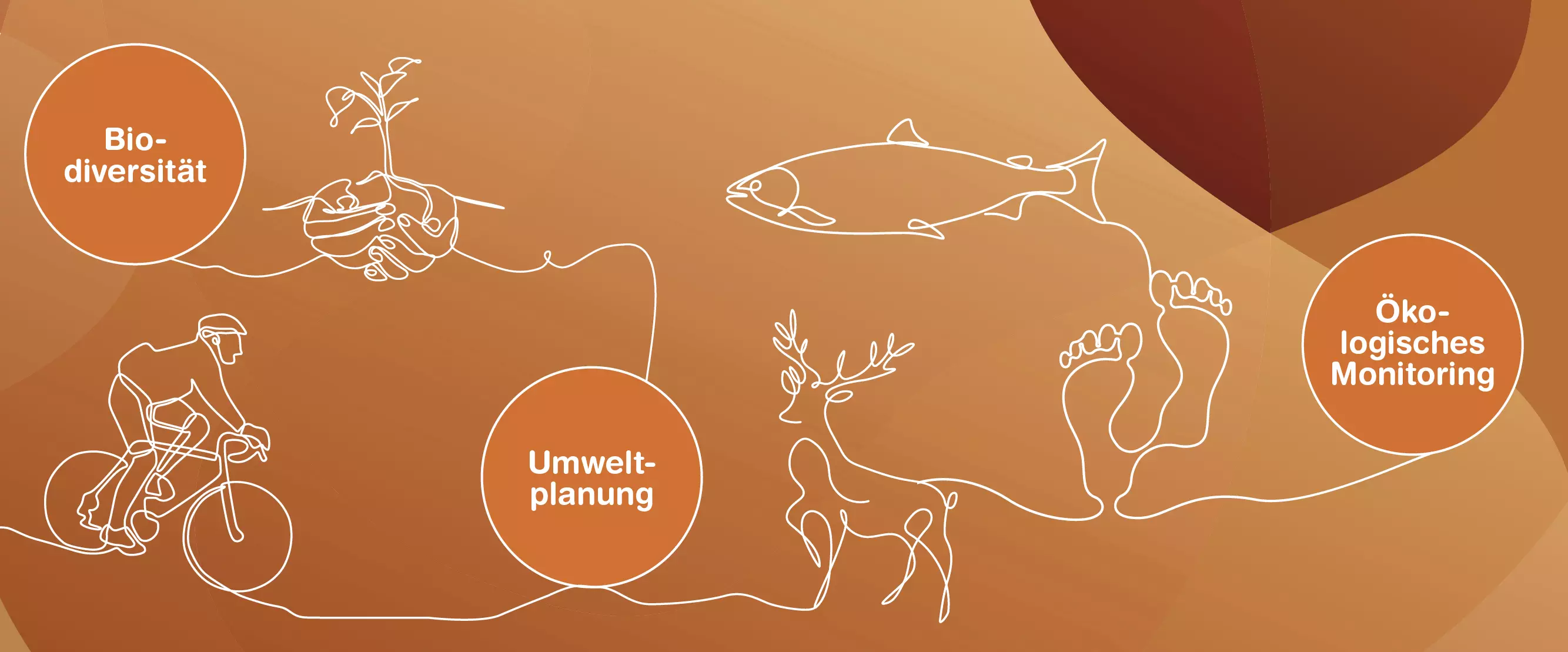
You will promote biodiversity and protect habitats by planning, implementing and monitoring projects in nature and landscape protection, wildlife and water management and soil protection.
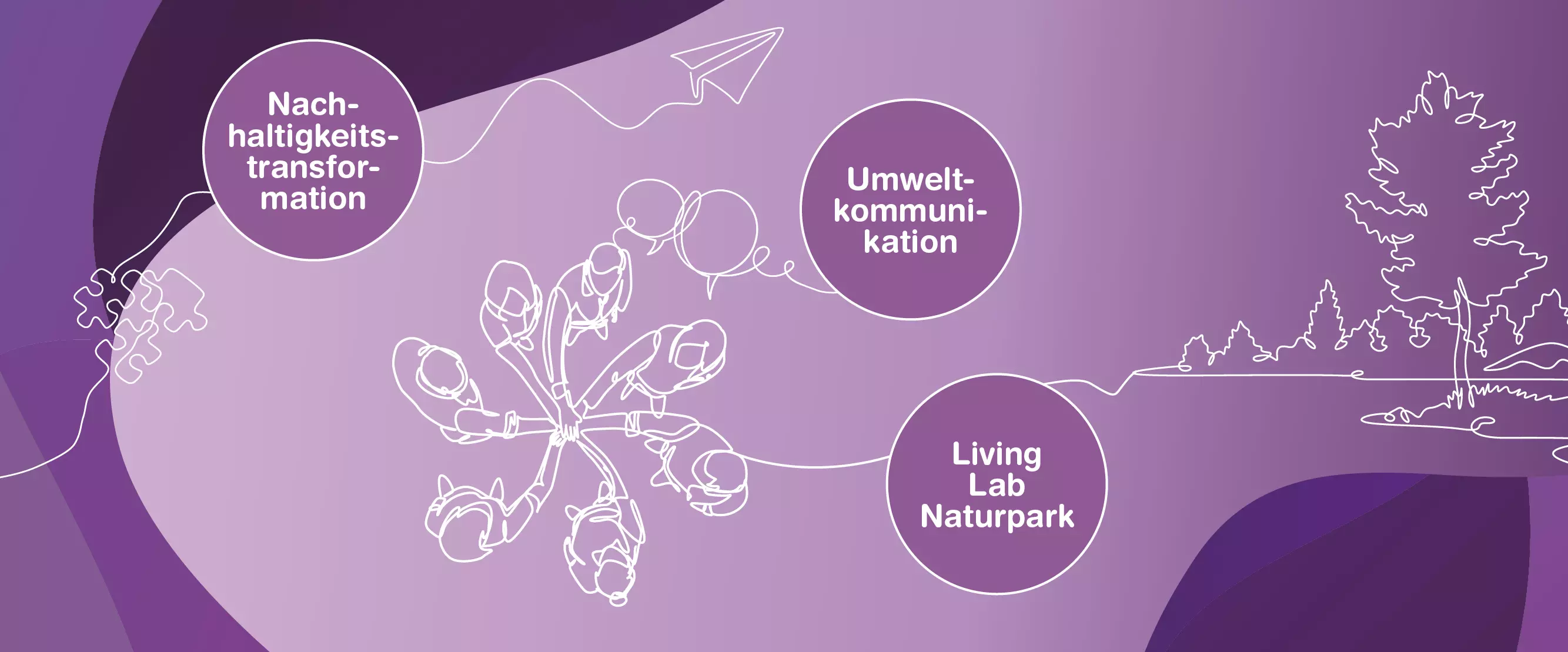
“Environmental Systems and Sustainable Development”
Your contribution to the sustainability transformation is made in environmental communication and education, in protected area management and in tourism and the associated regional value creation. In doing so, you will sensitise society to the sustainable use of resources.
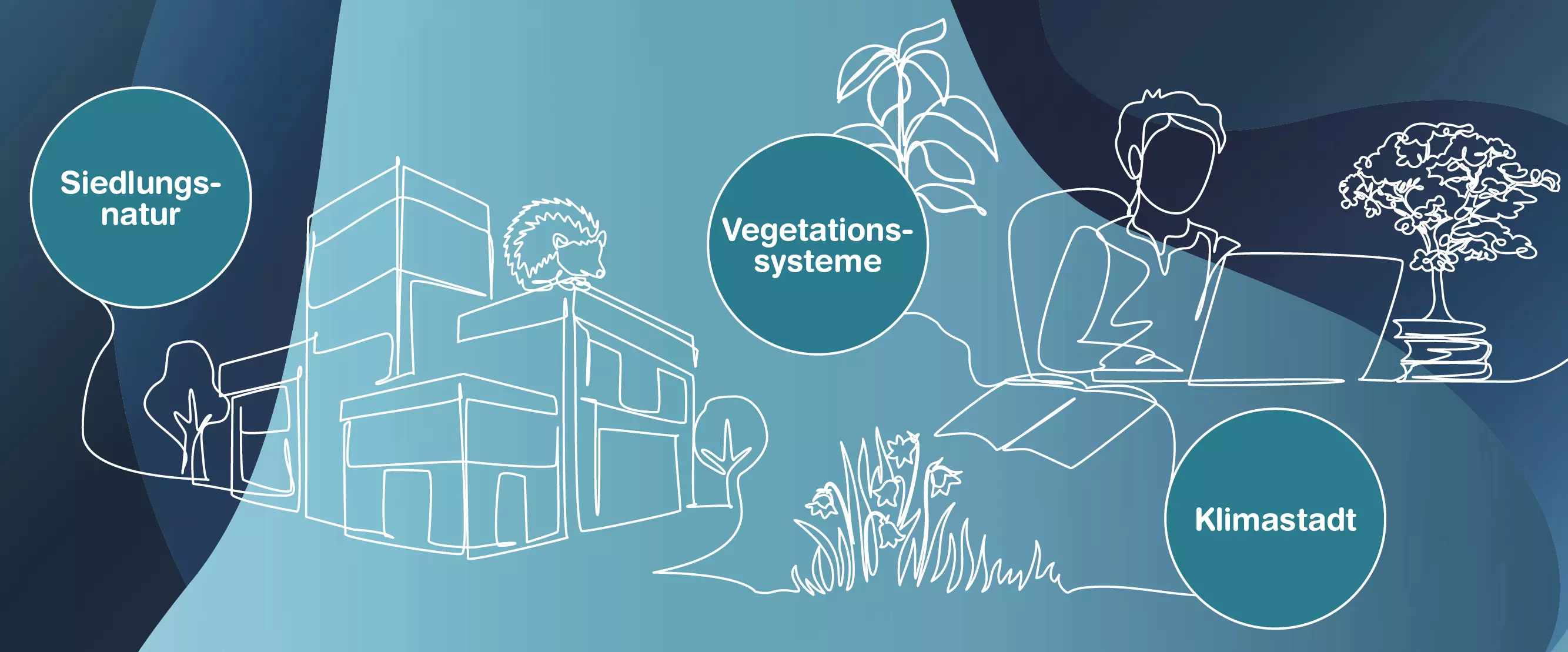
You will plan and support construction projects for the development of green spaces and the networking of urban nature, and design climate-regulating, heat-reducing vegetation systems for the future climate city.
Minors and electives II
In addition to your specialisation, you can choose from 30 different modules, 6 minors and the International Profile, depending on your interests. In this way, you complement your in-depth knowledge with practice-relevant additional qualifications.
- Minor “Aquaculture and Aquaponics”
- Minor “Species and Biodiversity”
- Minor “Education and Counselling”
- Minor “Sustainability Assessment”
- Minor “Spatial Data Science”
- Minor “Environmental Analytics”
- Certificate of International Profile
Open Spaces and Challenges
From the start of the 2024 degree programme, we will offer even more creative freedom for students who would like to contribute their own ideas, apply what they have learned in practice or broaden their professional horizons outside of our range of modules. The Open Spaces and Challenges category includes the following:
- Internship: Gain practical experience as part of either your specialisation or a minor, in Switzerland or abroad.
- Challenges: Interdisciplinary questions that you work on in student teams from conceptualisation of the idea through to its concrete implementation. The lecturers act as coaches who provide you with advice and support.
- Innovation Lab: The prime focus is on developing and realising your own business idea or project during your studies. Entrepreneurial thinking and action are encouraged throughout.
- Social commitment: We support your project idea which has a sustainability claim and social impact. You will develop and deepen your professional and interdisciplinary competencies in clearly defined community-based and non-profit activities.
- Self-organised modules: You can supplement your choice of modules with professionally suitable face-to-face and online courses and/or summer and winter schools that you do not find in our degree programme. At home or abroad, it’s up to you; both are possible.
You decide which Open Spaces and Challenges modules you attend. Our academic advisors will be happy to support you in this. In total, Open Spaces and Challenges modules can account for up to 30 ECTS credits of your studies.
Transferrable skills and Scientific Work
Together with specialised skills, interdisciplinary competencies form the basis for a successful future career as an environmental engineer, and these are expressly nurtured during the degree programme. You will write a term paper and a bachelor's thesis on topics you have either chosen yourself or which are suggested to you, receiving individual supervision in the process. You can write the bachelor's thesis here in Switzerland or abroad, and also in combination with a professional internship.
International Exchange and Mobility
Would you like to add an international flavour to your study programme? We offer various options in this regard. These include an exchange semester, writing your bachelor thesis abroad, an international internship, or shorter period spent abroad as part of a summer or winter school. You can have your international activities certified by the ‘International Profile Certificate’.
Are you studying at another university and would like to spend a semester with us in Wädenswil? We provide exciting modules in German and English.
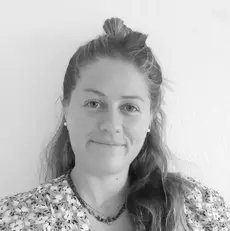
"Through my semester abroad in Utrecht, the Netherlands, I gained insights into life in a large student city that brings together many different cultural influences. The change in perspective allowed me to develop and reflect on new ideas for my studies. Above all, the new contacts I made and the memorable time I spent there will have a significant impact on my future."
Selina Pfäffli, student
